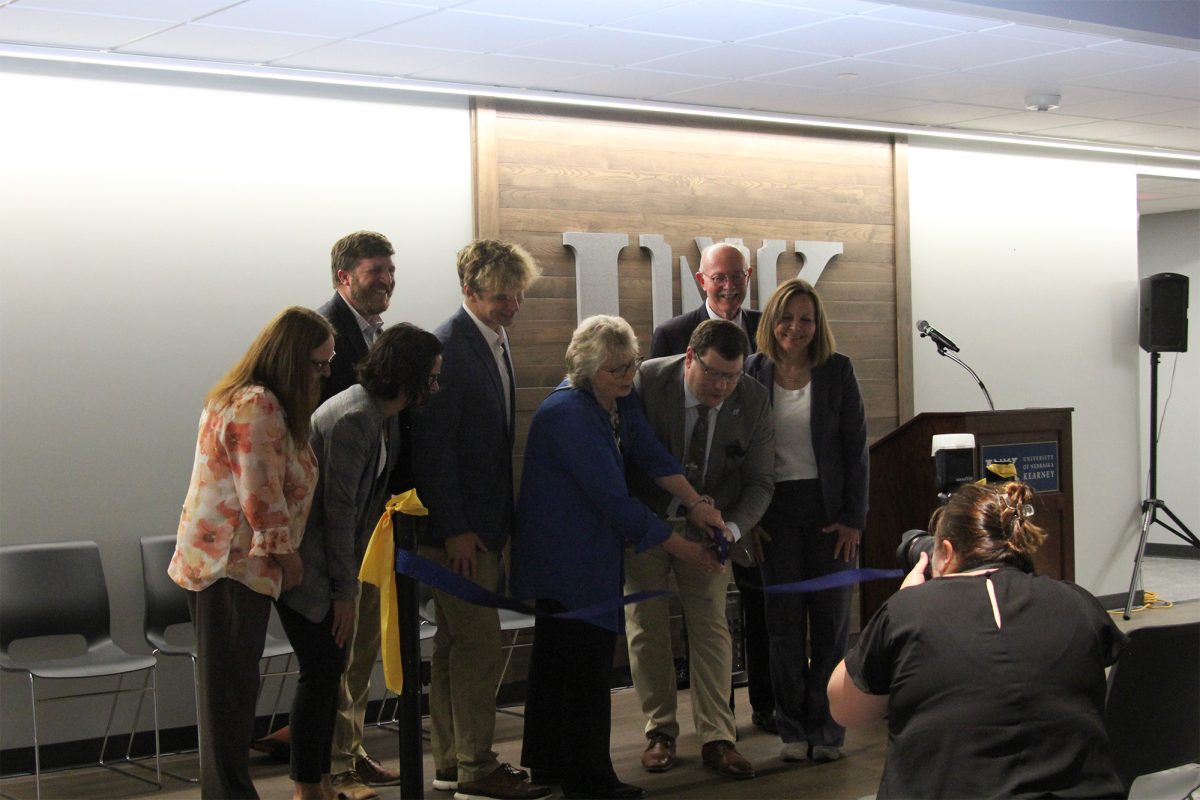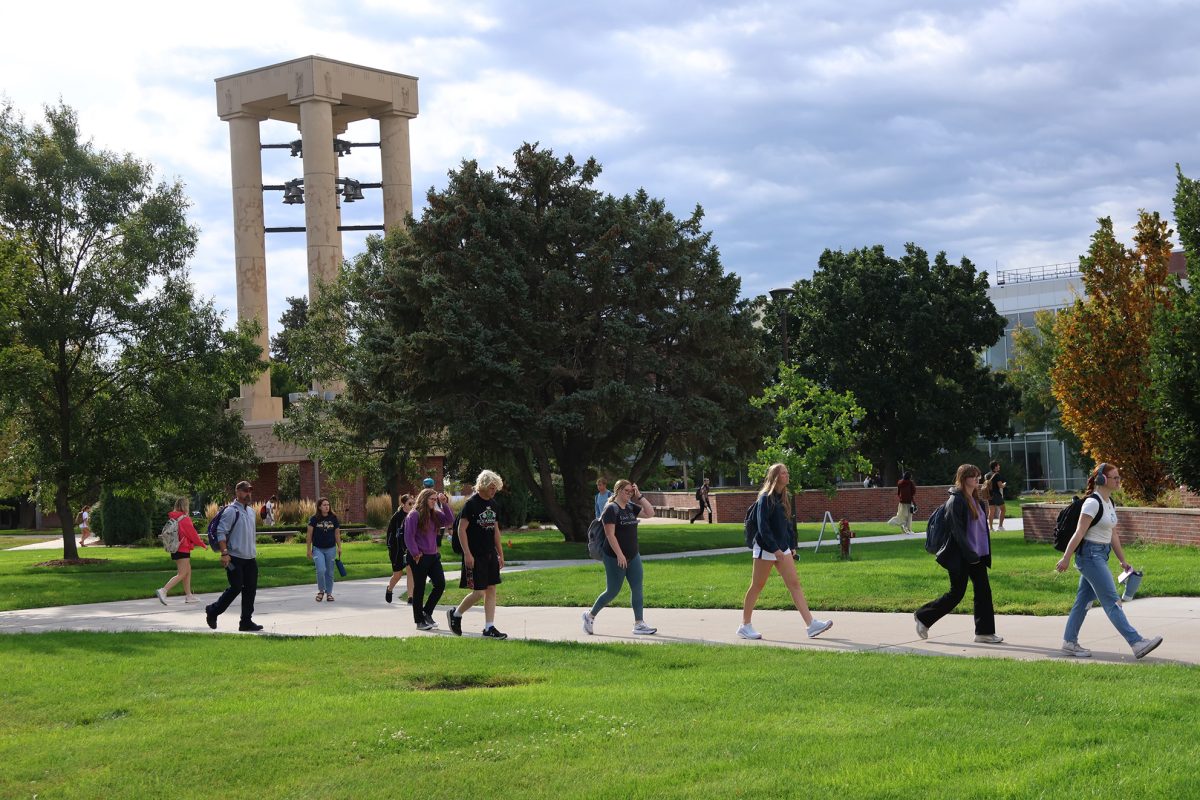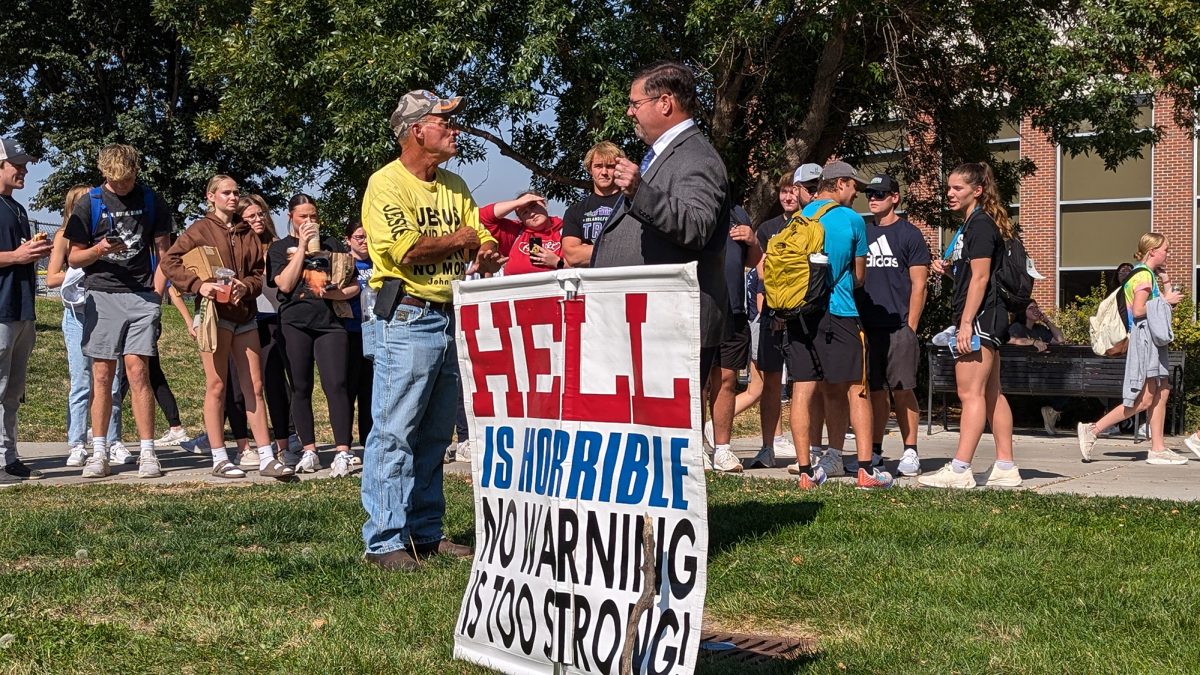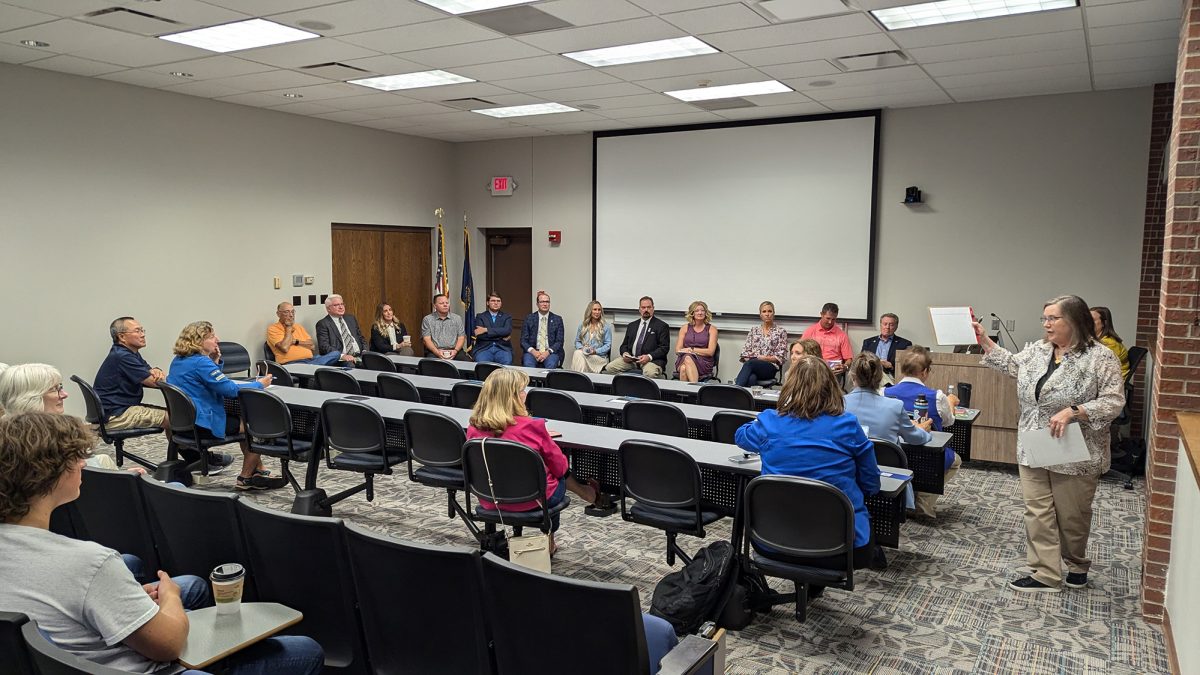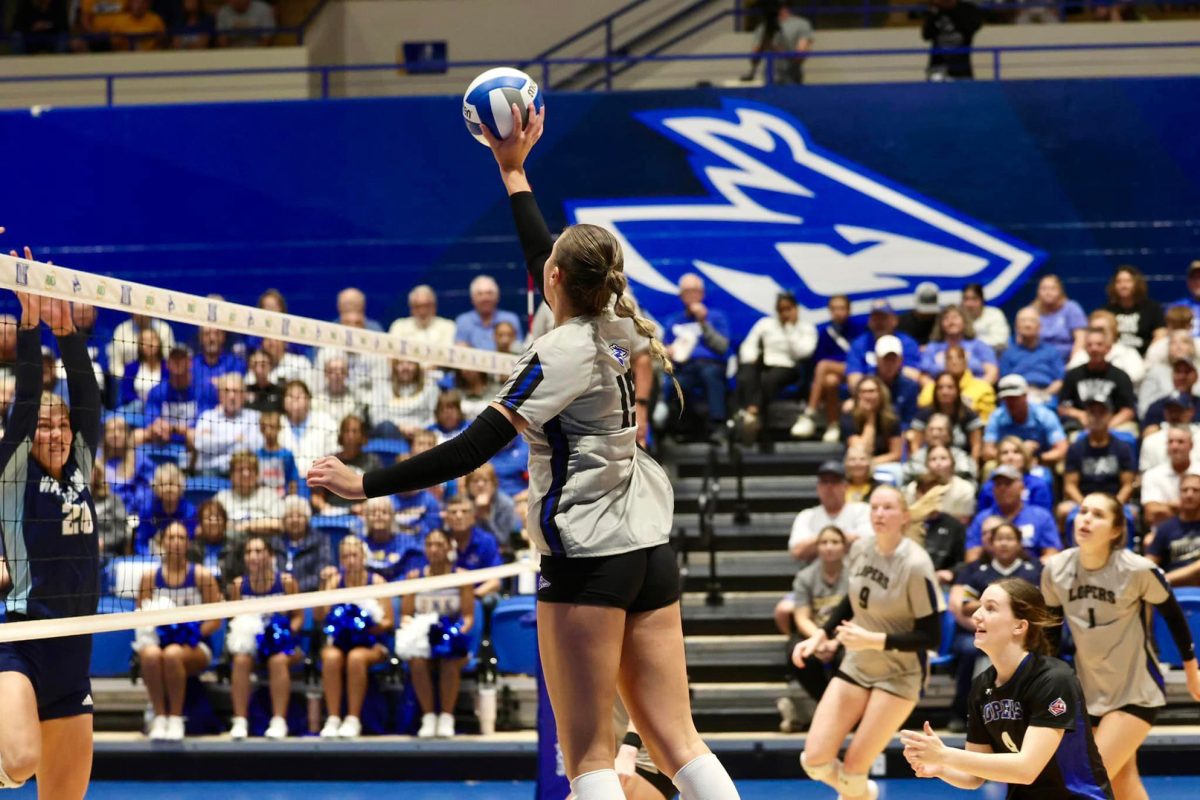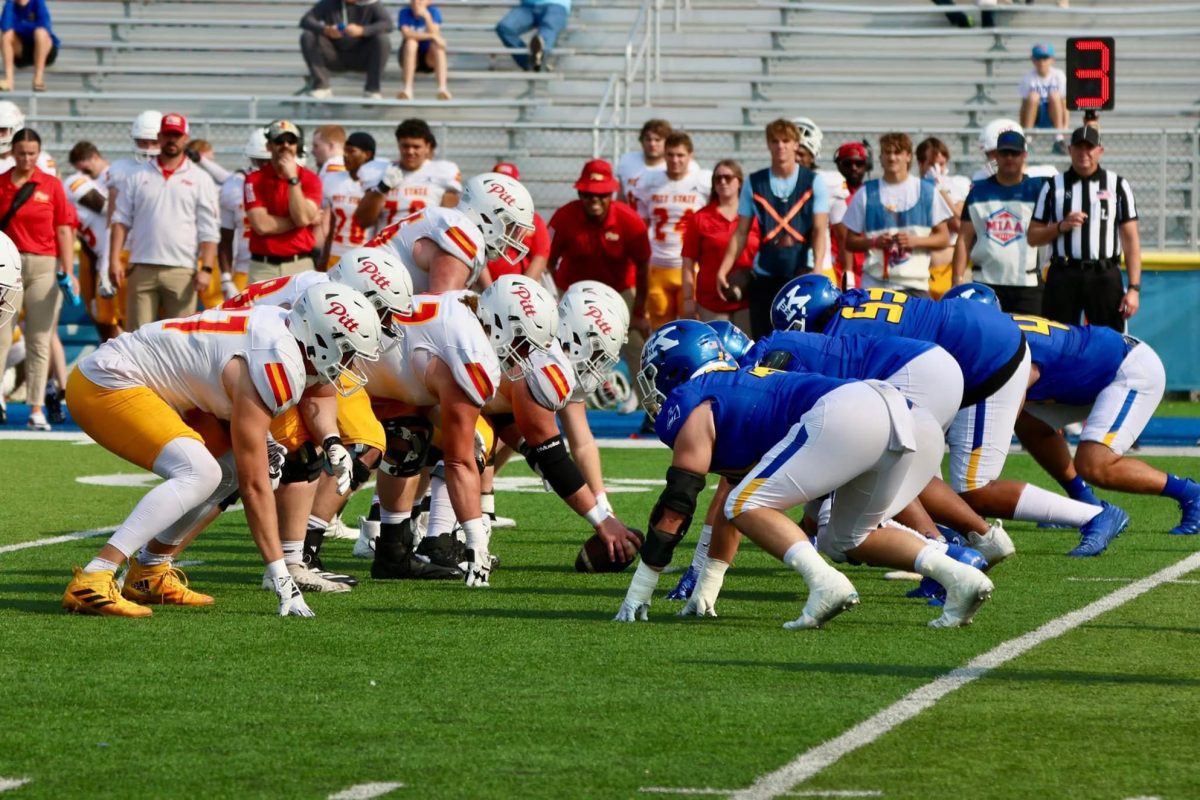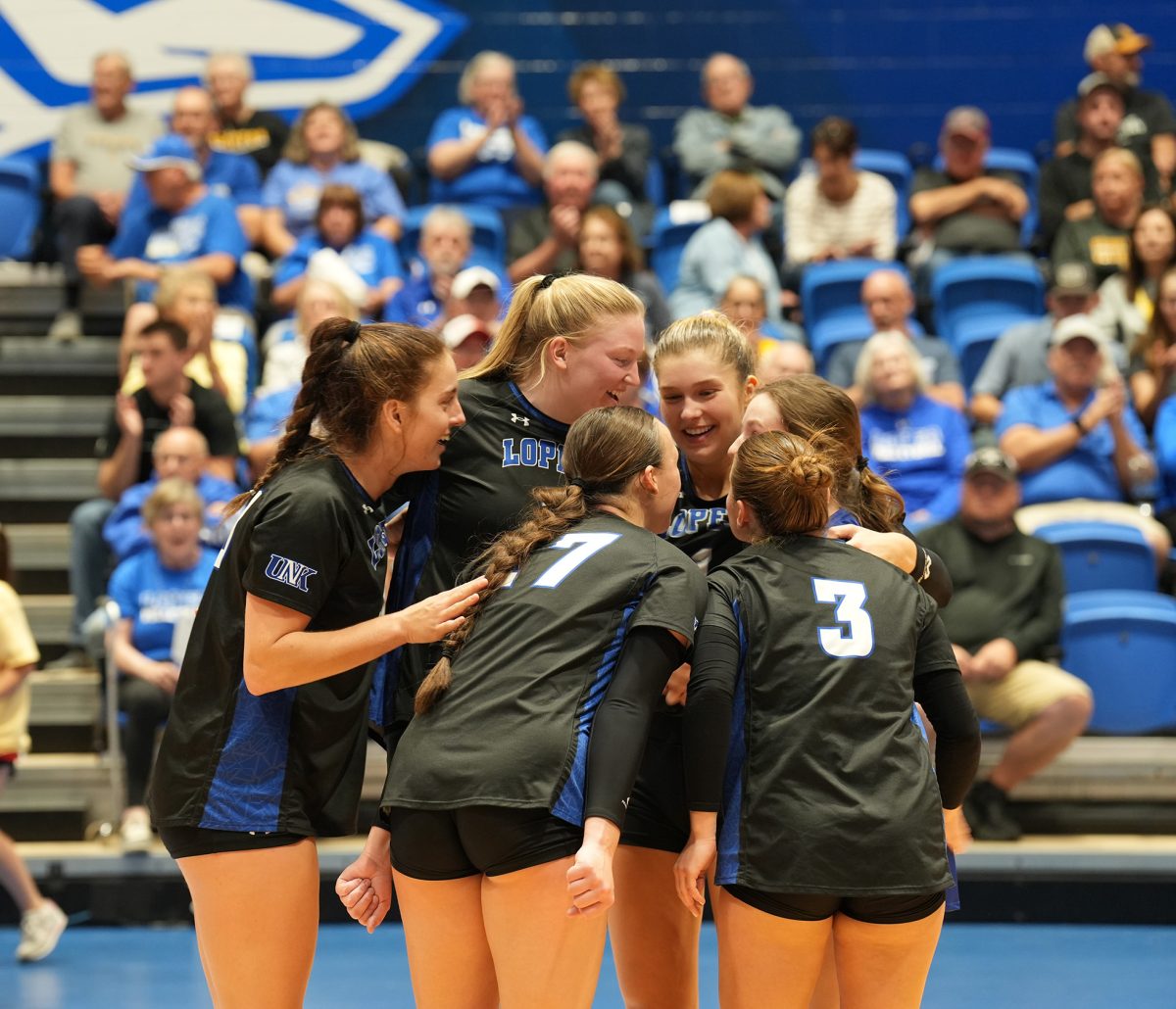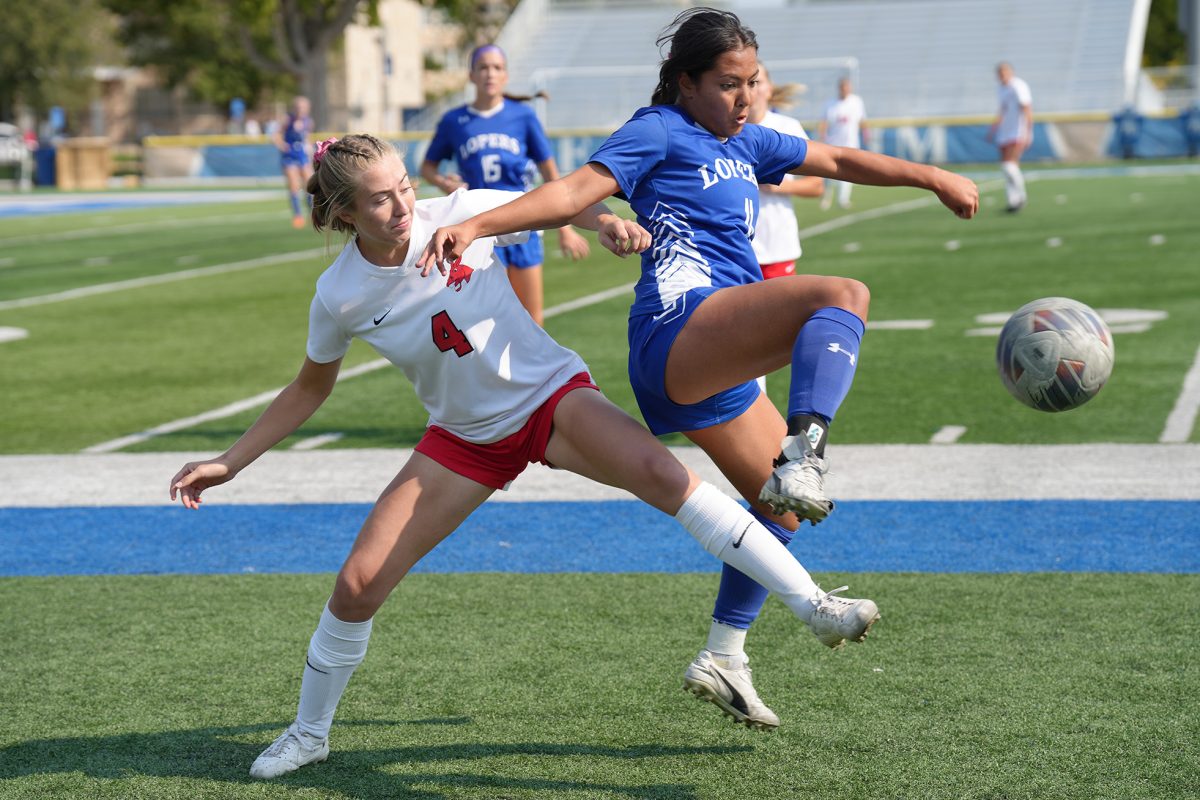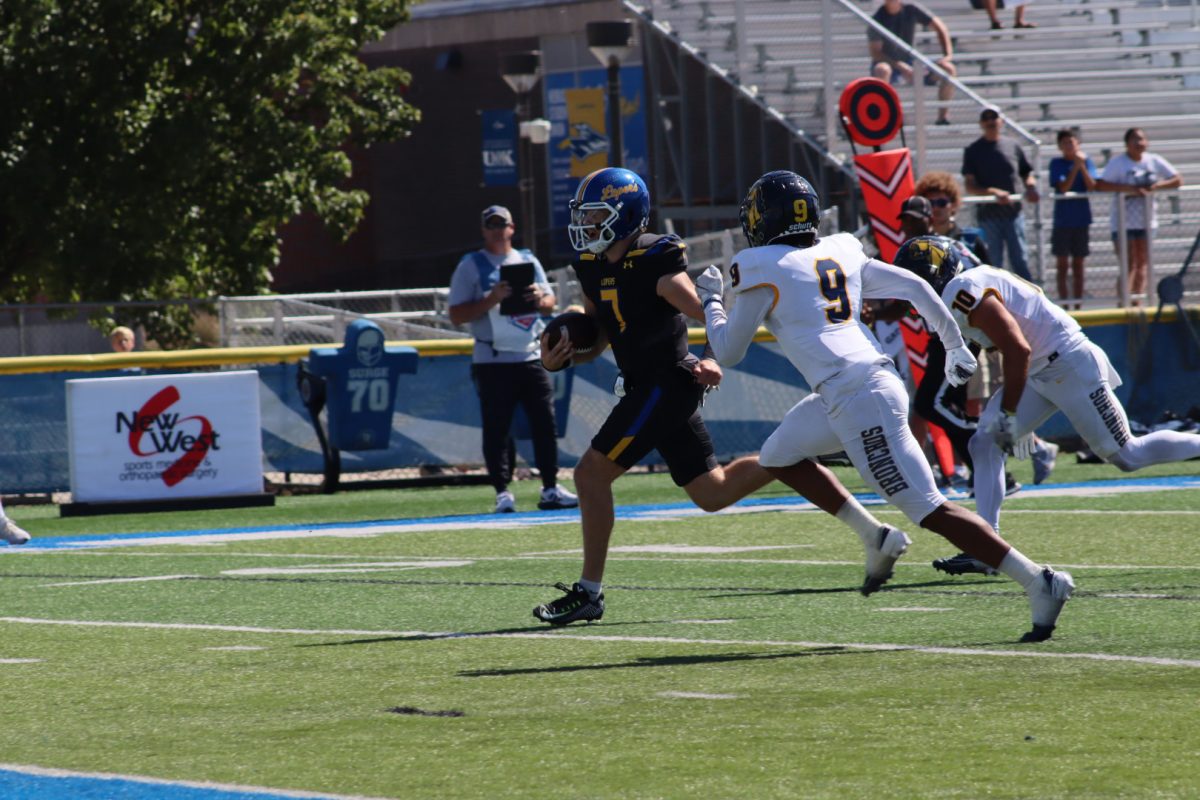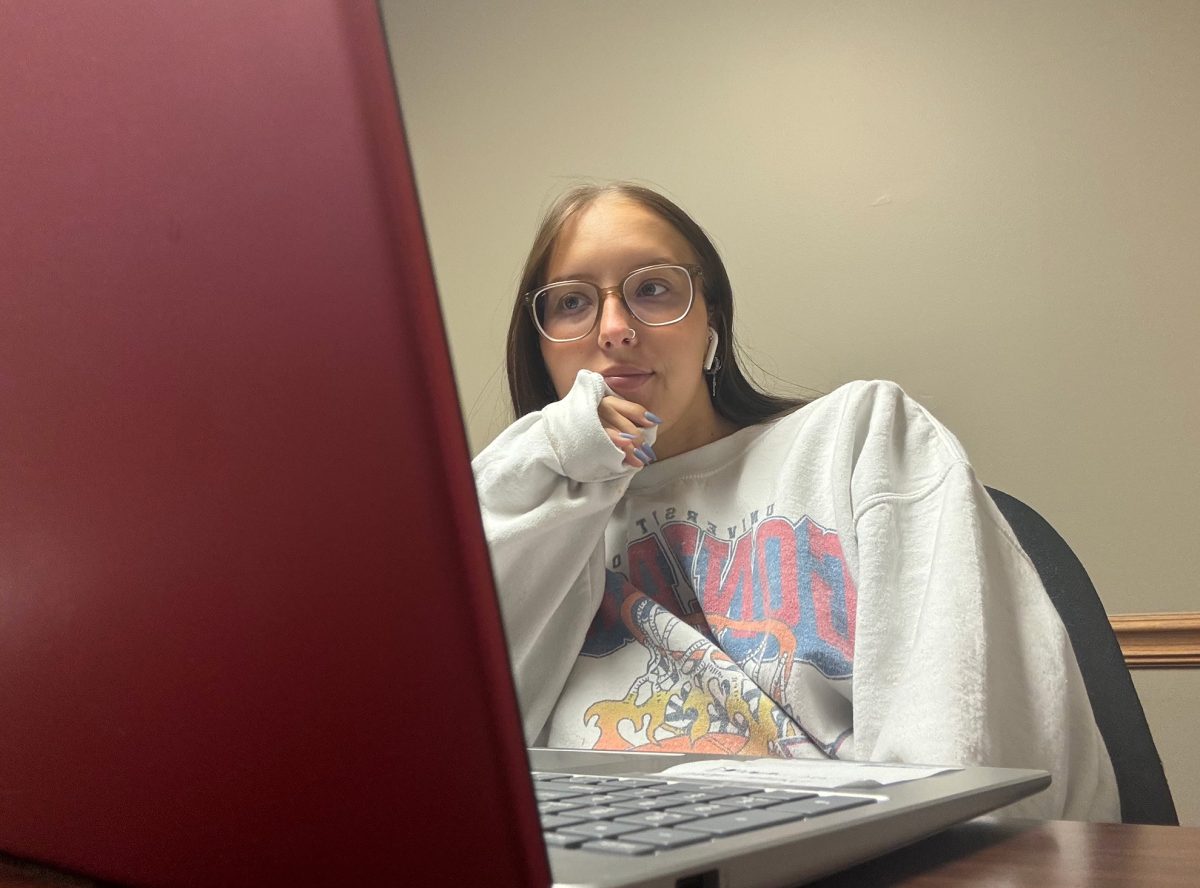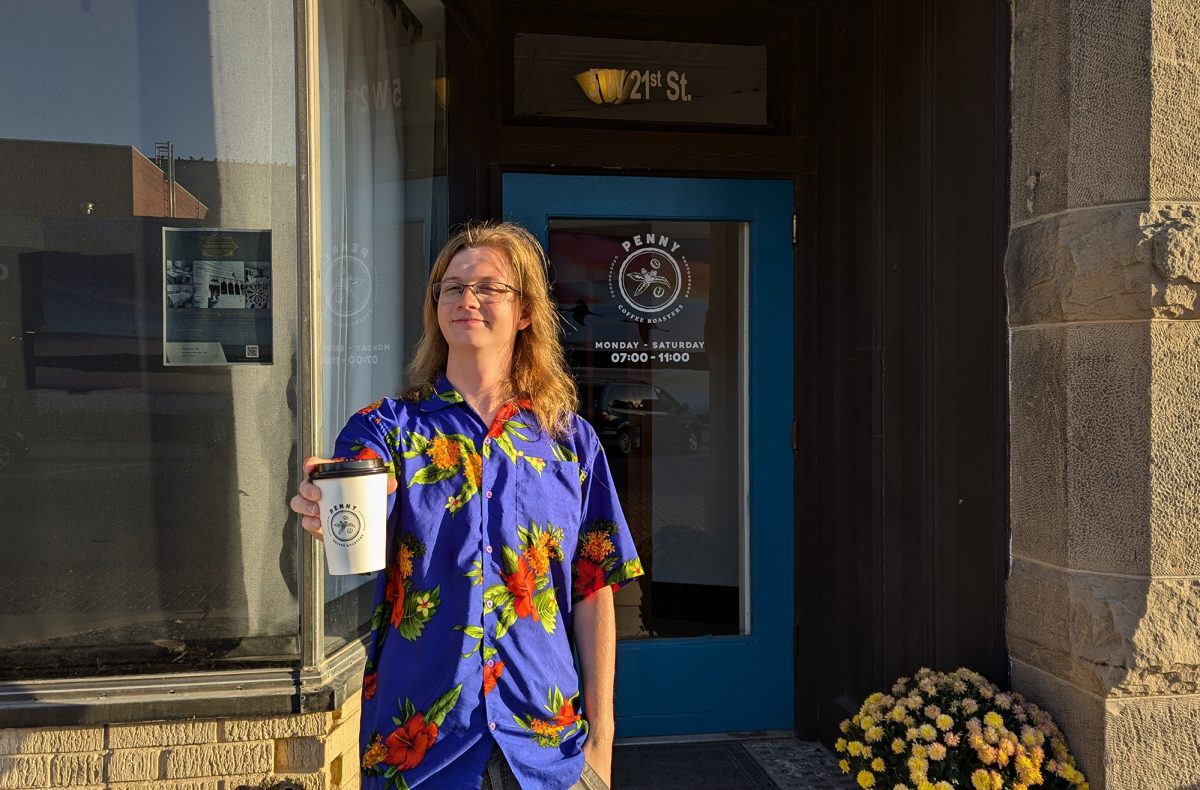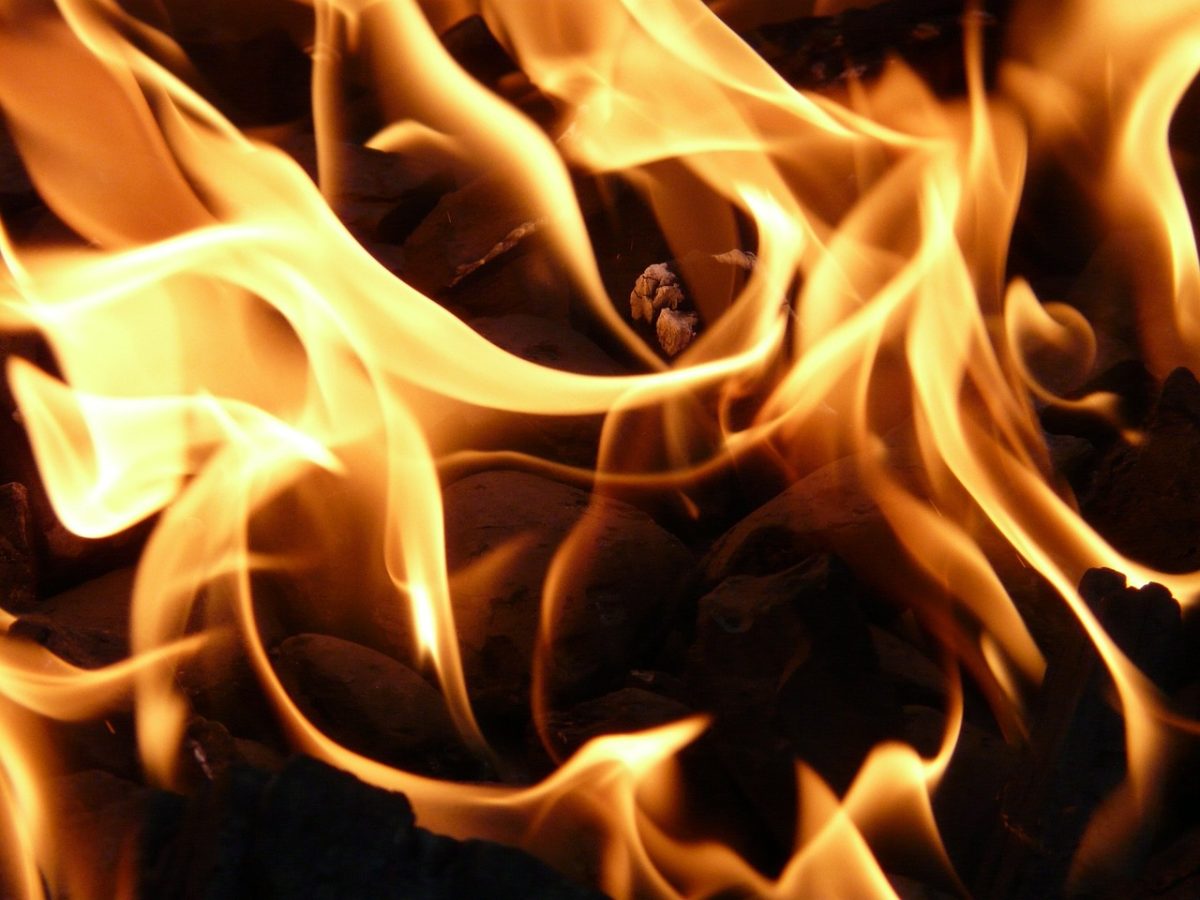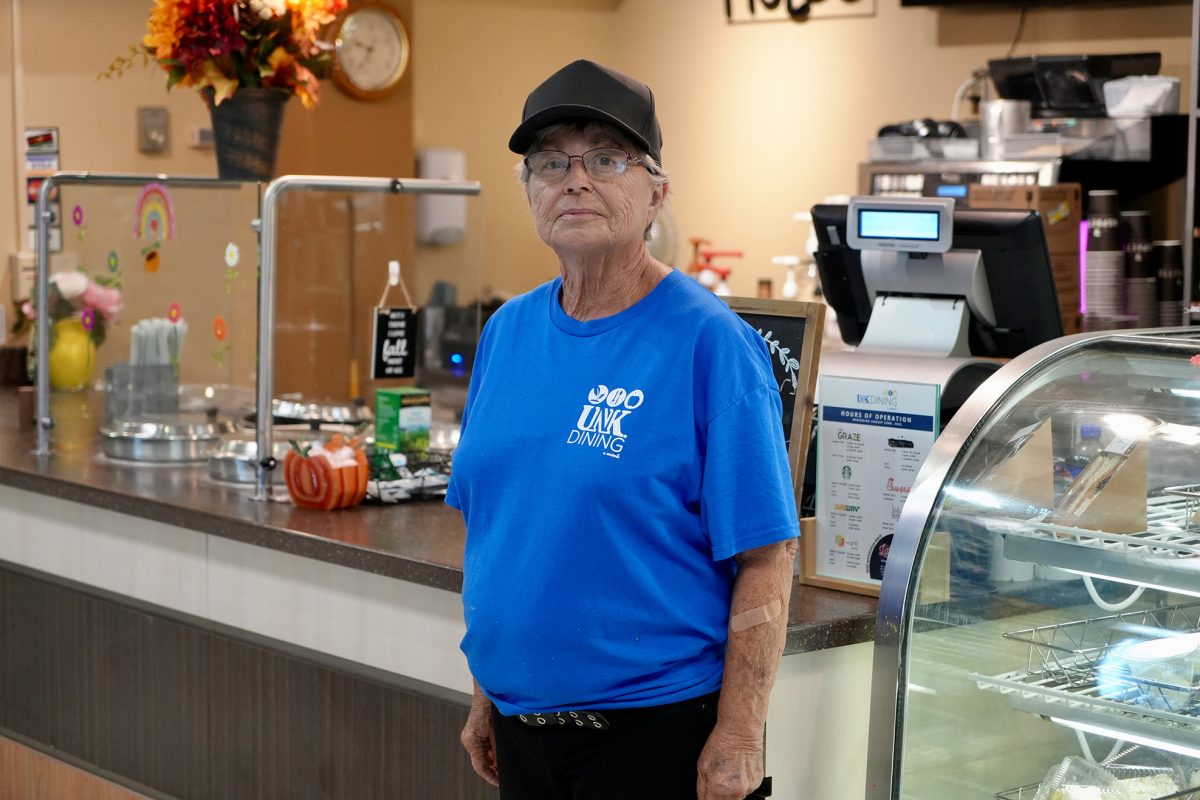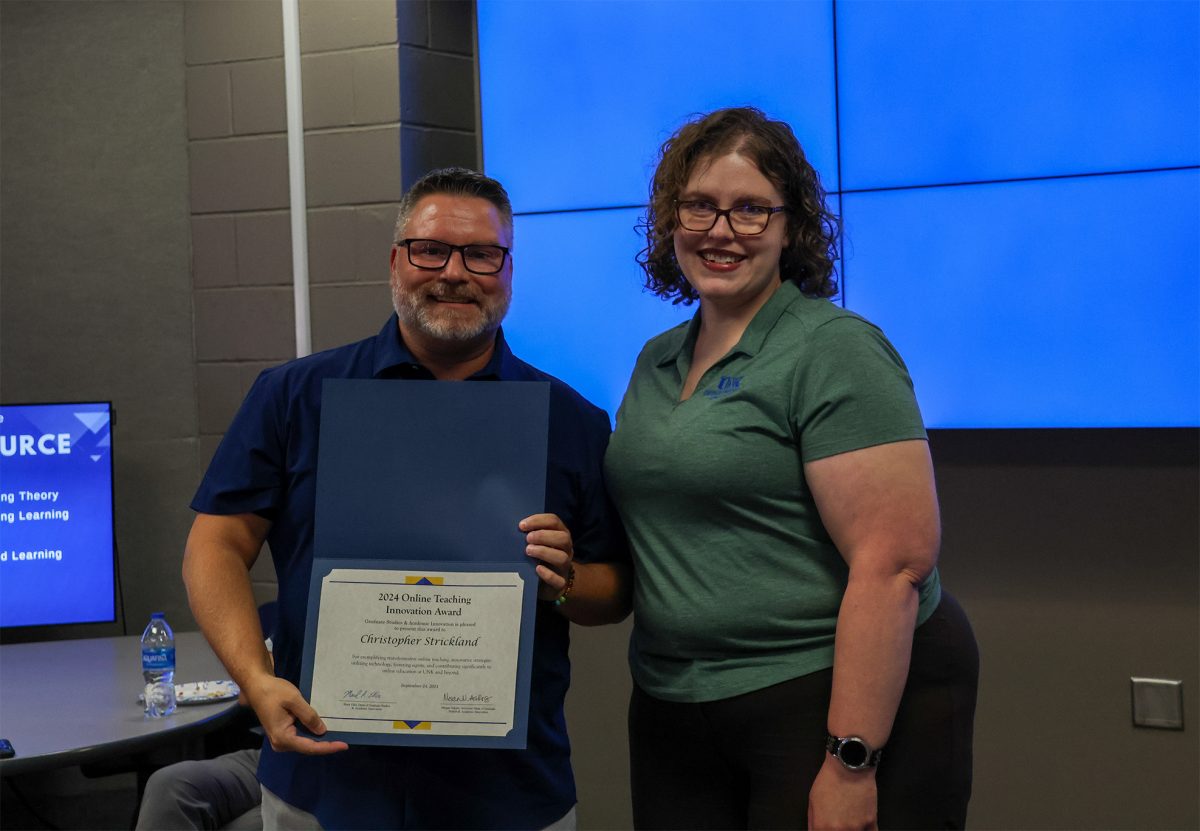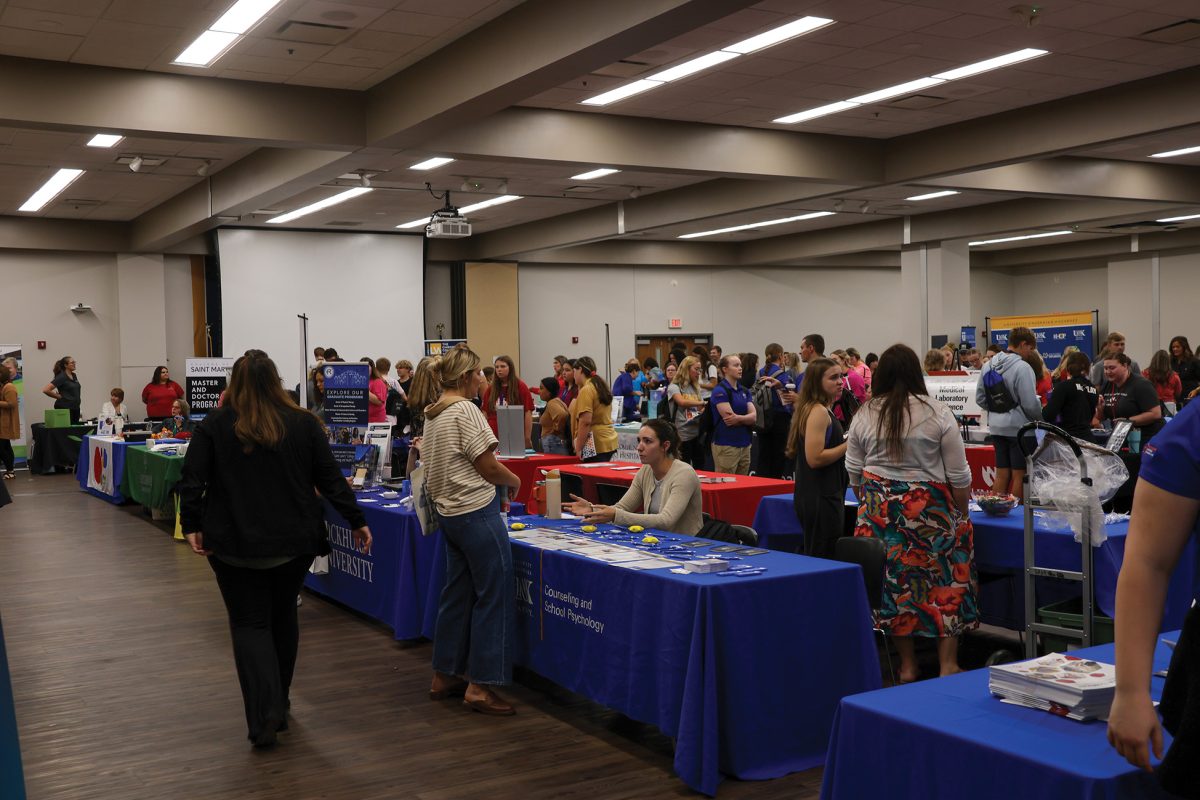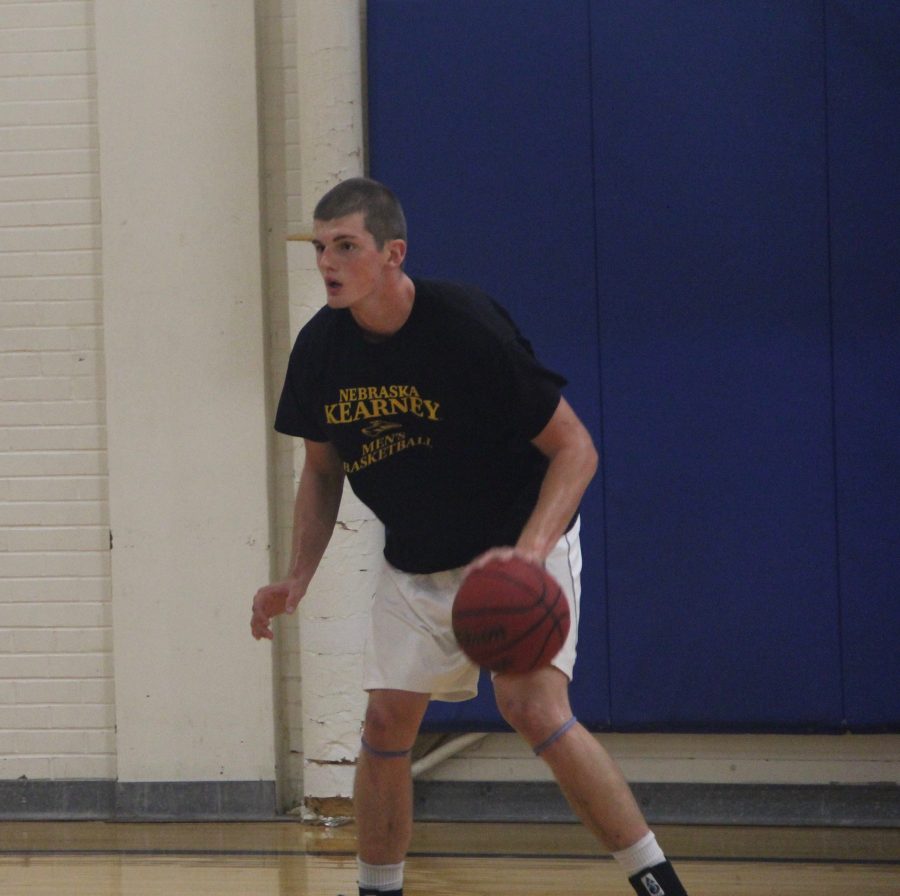Lindsey Smith
Antelope staff
Getting the right nutritional balance is difficult for college students but even more difficult for student-athletes.
According to NCAA, many things go into helping a student-athlete successfully perform at a high level: sport-specific training, recovery, rehabilitation, talent, strength and conditioning and nutrition. Because the need for athletes to eat properly is so vital to performance, universities around the country have introduced training tables.
Training tables are athlete-specific cafeterias geared toward fueling athletes before and after practices and competitions. Sports dietitians work at these training tables to provide athletes with quality, substantial meals.
One of the first universities to offer this program was the University of Nebraska-Lincoln.
The director of performance nutrition at UNL, Lindsey Remmers, is a board-certified specialist in sports nutrition. She coordinates with the Training Table chefs, as well as offers nutritional plans and opinions to student-athletes.
Remmers emphasizes the importance of quality nutrition in athletes, “The Training Table offers student-athletes access to a large selection of high quality meals between classes and before and after workouts. This is important for not only performance, but also recovery.”
The Training Table at the University of Nebraska-Lincoln has been in operation for over 30 years. Here, the athletes are allowed free range to explore their options or consult with the onsite sports dietitians to take their performance to the next level.
These consultations can create guidelines for the student-athlete as well as provide supplements to meet their nutritional demands. All supplements are reviewed by sports dietitians and are used solely as an alternative when nutritional demands are not met through an athlete’s meal consumption.
Each athlete is allotted three meals per day at the Training Table, starting with morning snack, where on-the-go options are provided. Lunch is the only meal of the day not limited to athletes, as non-athlete students with certain meal plans are able to dine at the Training Table.
Dinner, on the other hand, is open solely for NCAA student-athletes and is generally more substantial.
Having access to sports dietitians and training tables is highly beneficial to student-athletes. However, campus-wide cafeterias pose problems to student-athletes as healthier, leaner options are often limited and variety in the diet is restricted. Remmers said,“Every athlete has different nutritional needs. You cannot feed a football player and tennis player the same and expect either to perform at their best.”
UNK’s athletes understand the importance of proper nutrition in and out of season. Junior UNK basketball player Carter Burns said he understands the importance of nutrution. “What we eat is vital in getting our bodies ready for preseason and offseason recovery. Being able to consult with someone experienced in nutrition makes it easier to stick to a plan.”
Operation of a training table is a great amenity of several Division I programs due to their significant resources. UNK Athletic Director, Dr. Paul Plinske said UNK has budgetary restrictions that limit some of the amenities Division 1 schools can provide. “Although we (UNK) would like to do more, there are a number of factors that limit us. Division I has a significantly larger operating budget than Division II. The concept of a training table would take a large portion of the budget into food, equipment, and hiring new staff. This is not beneficial to our student-athletes as we operate under the partial scholarship model and this would lead to the reduction of scholarships, as each sport has its own ceiling.”
Despite the lack of resources, UNK supports student-athletes to provide the best experience possible. Athletes are supplied with Gatorade energy chews before competitions and replenished with Gatorade protein shakes after to aid in a quick recovery. The department has also compensated by acquiring staff in strength and conditioning and athletic training that have knowledge in sports nutrition.
“It is important for our athletes to have proper nutrition; proper intake leads to good outtake. Our goal is to do whatever it takes to prepare our athletes. Our student-athletes can also play a role in this by coordinating with coaches on away trips and through our student-athlete advisory committee (SAAC) which can play an instrumental part in analyzing and providing perspective to our on-campus Chartwells program,” Dr. Plinske said.

